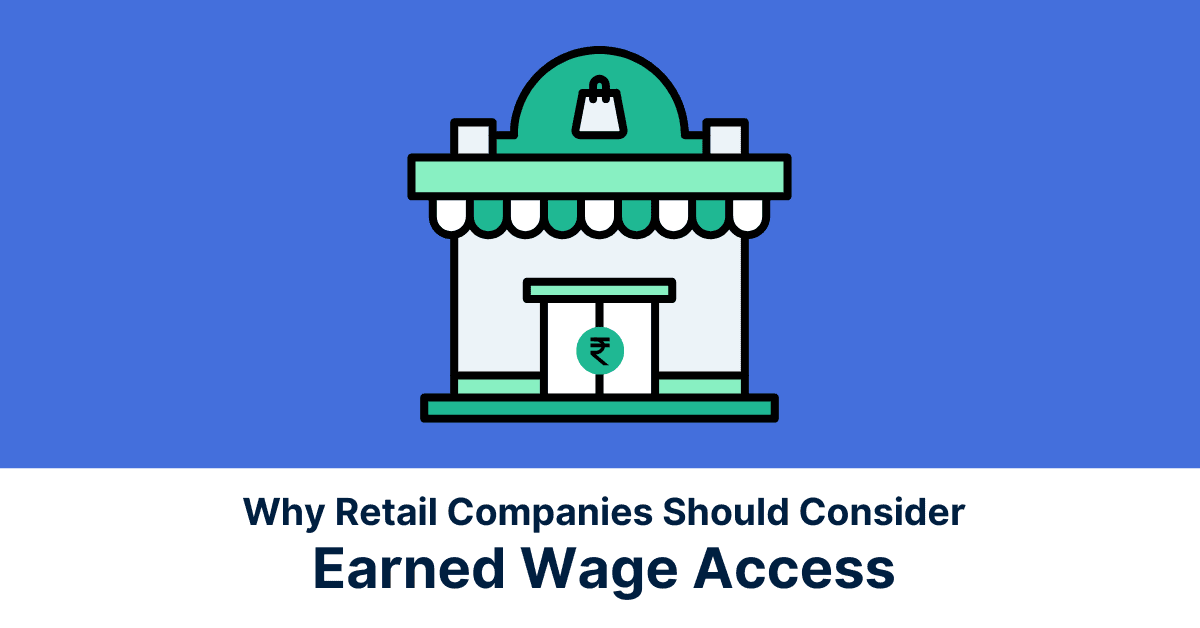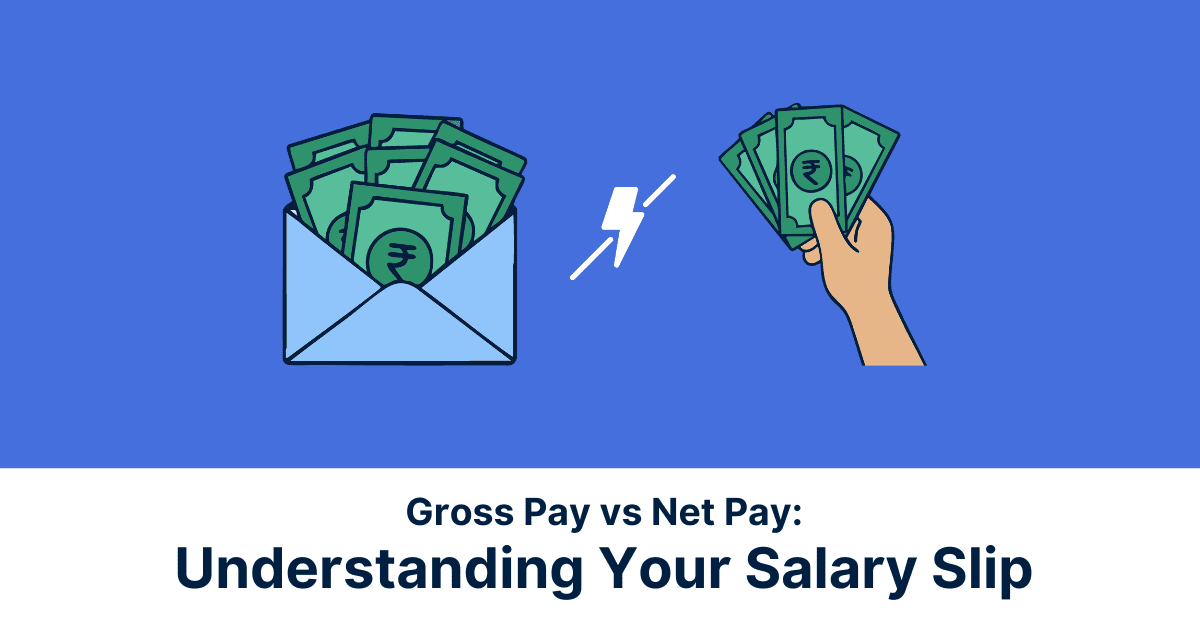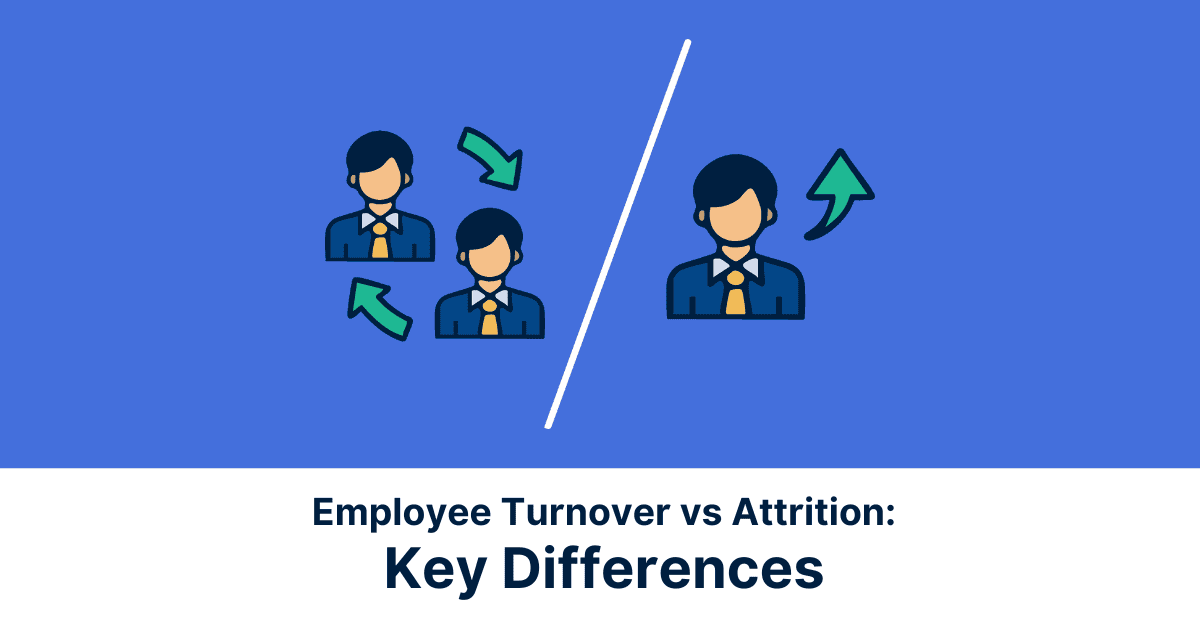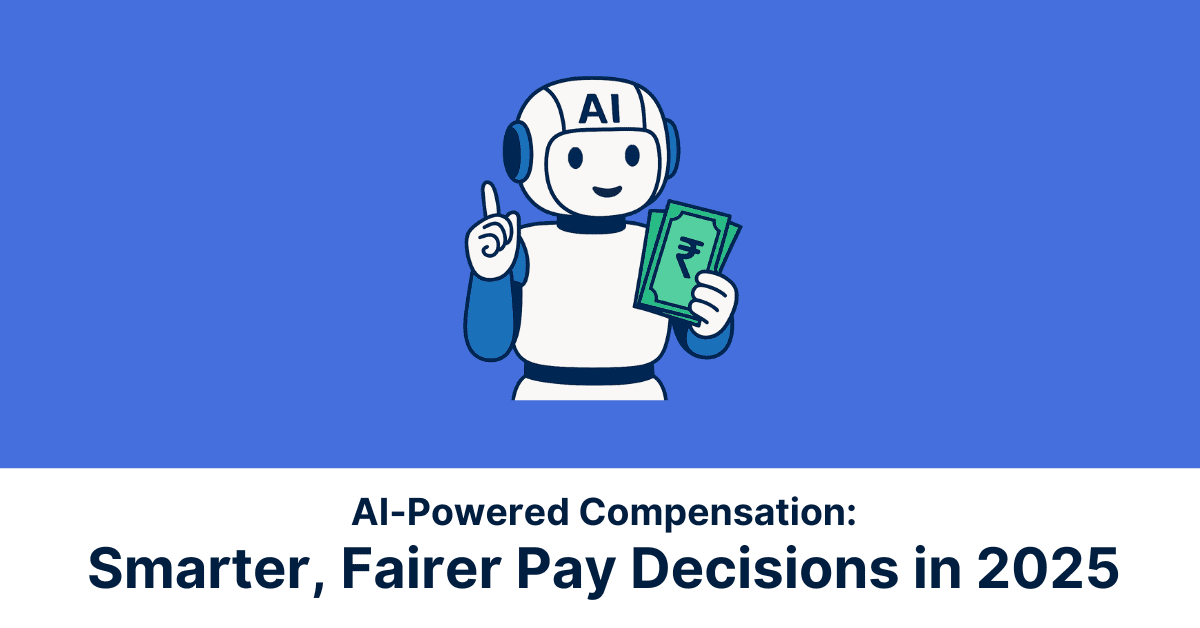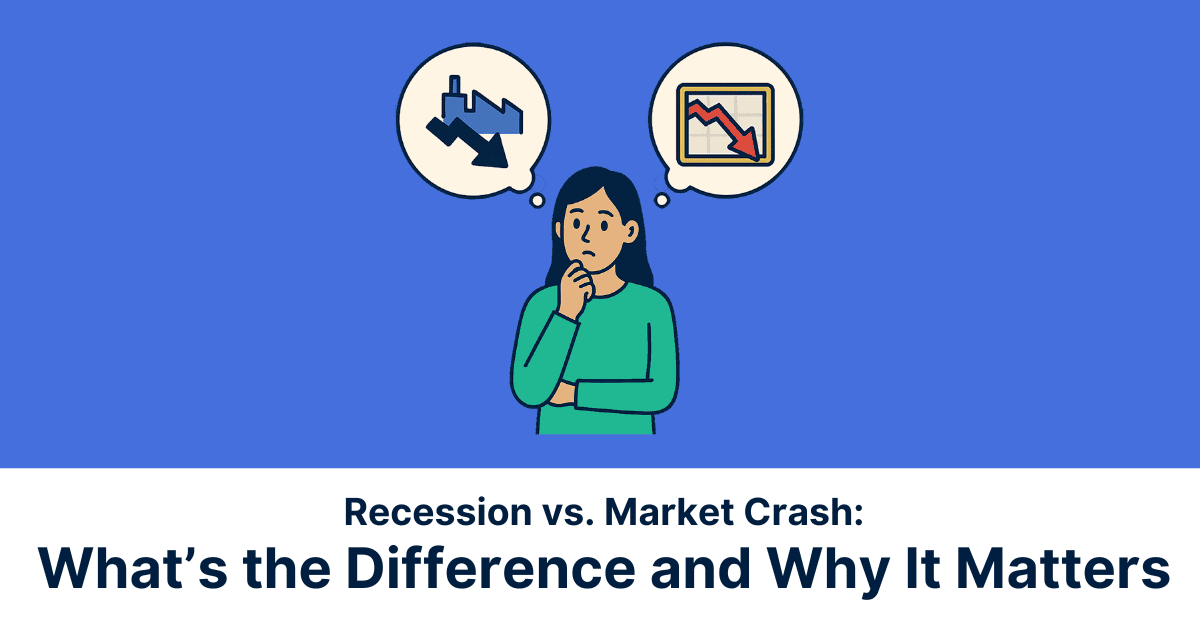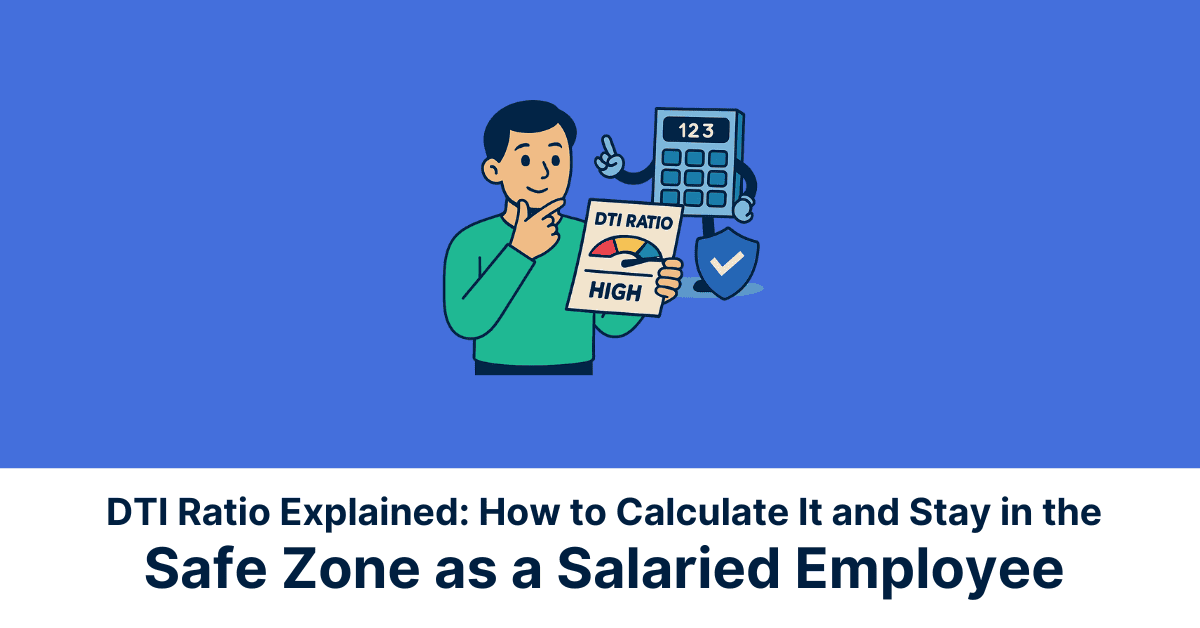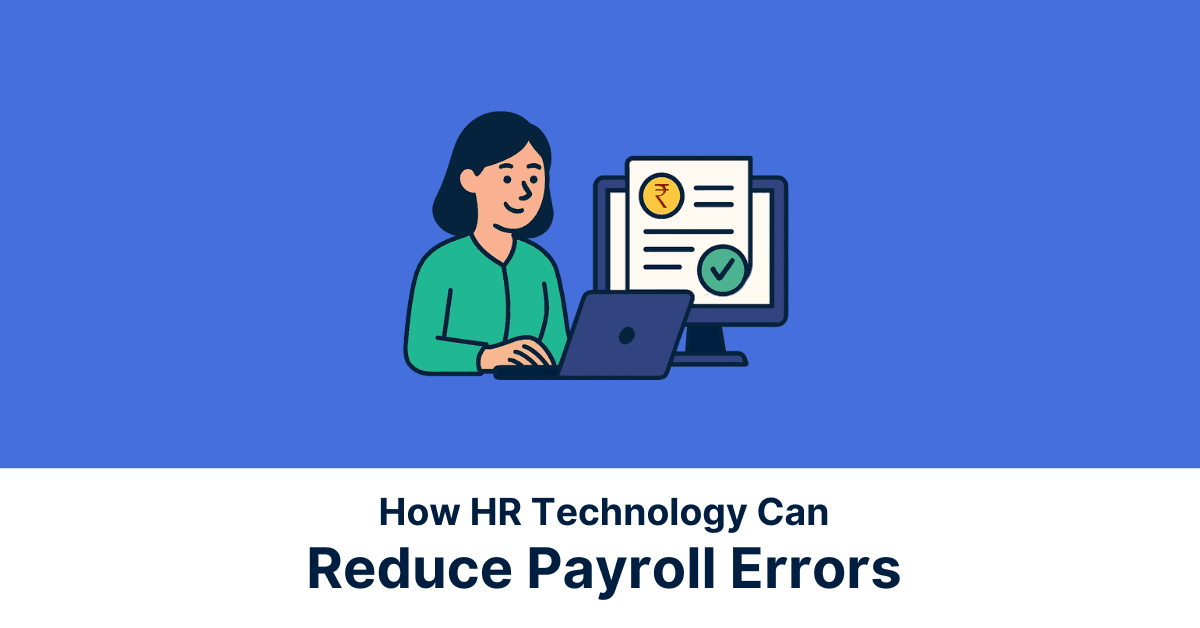Earned Wage Access (EWA), also known as Salary Advance or On-demand Salary, is a benefit employers can offer; to let employees access their earned wages on demand, before payday.
This means that instead of waiting for their next salary to be credited, employees can access a portion of their already accrued salary, calculated based on the days of work for the current month. This service provides employees with immediate access to their funds, offering them greater financial flexibility and potentially reducing reliance on high-interest loans or credit advances.
This emerging trend is transforming how wages are accessed, improving employee satisfaction and reducing turnover in the retail industry.
The Retail Landscape Today
India’s retail industry has experienced significant growth, driven by economic expansion, urbanisation, and a rising middle class. This vibrant sector combines traditional retail formats with modern retailing concepts, creating a unique shopping environment. Key trends, such as digital transformation and the rise of omnichannel retailing, have led brands to integrate online and offline experiences, enhancing consumer convenience. However, alongside this growth, the retail industry faces notable challenges, particularly labour shortages and shifting workforce expectations.
A major issue is the financial instability faced by many retail workers, with a significant portion living paycheck to paycheck. This often leads to reliance on loans or credit in emergencies, trapping employees in a cycle of debt. To address this, retailers are increasingly adopting Earned Wage Access (EWA), allowing employees to access a portion of their wages before payday. EWA offers employees greater financial flexibility, reducing stress and improving job satisfaction.
In the current context of labour shortages, this benefit is particularly crucial. Providing flexible pay options like EWA helps employers retain their workforce, as workers are more likely to remain with companies that meet their financial needs. By reducing turnover, retailers can minimise the costs of recruiting and training new staff, ensuring a more stable and productive workforce.
Benefits of EWA for Retail Employers
Enhancing Employee Satisfaction
Traditional pay cycles often leave employees waiting for a set payday, which can be stressful when unexpected expenses arise. With EWA, employees can access a portion of their earned wages whenever they need them, allowing them to better manage financial emergencies without resorting to loans or credit cards, which may lead to debt.
This immediate access to wages reduces financial stress and empowers employees to take control of their finances, thereby improving their overall well-being. When employees feel financially secure, they are more likely to be focused and productive at work. Moreover, offering EWA helps employees feel valued, as it shows the employer’s commitment to supporting their financial needs.
In terms of retention, EWA has a direct impact. Employees are more likely to remain with employers who offer financial tools that provide flexibility and stability. This is especially important in industries like retail, where high turnover is a persistent issue. By offering EWA, employers not only improve job satisfaction but also reduce turnover rates, saving on recruitment and training costs.
Attracting and Retaining Talent
While the job markets have become competitive, Earned Wage Access (EWA) or On-demand Salary offers retail companies a significant advantage in attracting top talent. EWA allows employees to access their earned wages before payday, which provides financial relief and addresses a key concern for many retail workers who live paycheck to paycheck. This financial flexibility is increasingly valued by job seekers, making companies that offer EWA more attractive as employers.
In an industry facing labour shortages, EWA helps retail businesses stand out by showing a commitment to employee well-being. Potential hires are more likely to choose companies offering flexible pay options, as it aligns with their need for financial stability. At the same time, EWA also contributes to better retention, as employees tend to stay longer with employers who meet their financial needs. EWA helps retailers secure a motivated and loyal workforce, giving them a competitive edge in talent acquisition and retention.
Improving Employee Productivity
In the retail sector, financial wellness plays a critical role in employee productivity. Many retail workers are one medical expense away from falling into debt, mainly because of living paycheck to paycheck. Such financial stressors can significantly impact their focus, motivation, and job performance. Employees burdened by financial worries may experience anxiety, leading to distractions, and decreased efficiency on the job.
Earned Wage Access (EWA) or Salary Advance addresses this issue by allowing employees to access their earned wages before payday, bringing immediate financial relief. As a result, employees feel more secure and are better able to focus on their tasks, improving their overall performance.
When employees are financially well, they tend to be more engaged, motivated, and consistent in delivering quality service. In a customer-driven industry like retail, this increased productivity leads to enhanced customer experiences, smoother operations, and higher sales. Financial wellness through EWA thus directly contributes to a more productive and efficient workforce.
Reducing Absenteeism
Financial stress is one of the main contributors to employee absenteeism, particularly in industries like retail. When faced with unexpected expenses or financial hardships, employees may miss work to address these issues, impacting overall productivity. Earned Wage Access (EWA) helps reduce absenteeism by providing employees with a financial safety net, allowing them to access their earned wages when needed, instead of waiting for payday.
By offering immediate financial relief, EWA reduces the stress associated with emergencies or cash shortages. Employees are less likely to take unplanned leave to manage financial crises, as they have greater control over their earnings. This improves attendance, bringing in a more consistent and dependable workforce.
In the long term, EWA not only reduces absenteeism but also builds a more engaged and motivated team, as employees feel supported and less stressed, leading to a more stable and productive work environment.
Streamlining Off-cycle Payments
The process of off-cycle payments can be simplified by enabling employees to access a portion of their accrued salary or wages before the traditional payday. In a standard payroll system, off-cycle payments—payments made outside the regular pay schedule—can be time-consuming and costly for employers to process. EWA eliminates this complexity by providing an automated solution that allows employees to withdraw their earnings as they accrue.
Through EWA, employees can access wages via an app or platform, giving them the flexibility to meet unexpected expenses without having to wait for a fixed payday. This process bypasses the need for manual payroll adjustments or additional administrative work, reducing the burden on HR and payroll teams.
By offering EWA, employers streamline off-cycle payments and enhance employee satisfaction, as workers gain immediate financial flexibility. This system ensures employees can manage urgent financial needs while maintaining seamless payroll operations.
Benefits of EWA for Retail Employees
Immediate Access to Earned Wages
As employee expectations evolve, companies are increasingly integrating Earned Wage Access (EWA) into their reward programs to attract and retain top talent. EWA offers financial flexibility that traditional benefits like health insurance don’t address. This immediate access to earnings helps reduce financial stress, which in turn boosts employee well-being, satisfaction, and productivity.
Offering EWA as part of a total rewards package differentiates companies in a competitive job market. Employees who value financial stability are more likely to choose and stay with employers that provide such flexibility.
By integrating EWA, companies create an employee-centric culture, promoting engagement and loyalty while addressing immediate financial needs. EWA is now becoming a key component of forward-thinking benefits packages, improving overall employee satisfaction and business performance.
Supporting Financial Wellness
Financial wellness is a key component of overall well-being, yet many employees struggle to achieve it due to the rigid nature of traditional pay cycles. Unexpected expenses, financial emergencies, or simply the need to cover day-to-day costs before the next payday can create significant stress. In response to this challenge, earned wage access (EWA) solutions are emerging as a powerful tool to enhance financial wellness through on-demand pay.
As the world of work continues to evolve, so too will the expectations of employees. Flexible pay solutions like Jify’s Earned Wage Access are set to play a crucial role in shaping the future of employee compensation and financial wellness. By giving workers more control over their earnings, companies can help promote a healthier, more financially resilient workforce.
How to Choose an EWA Provider for the Retail Industry
Assessing Integration Capabilities
Seamless integration of Earned Wage Access (EWA) solutions with existing payroll and HR systems is crucial for several reasons:
- Efficiency: Integration eliminates manual data entry and reduces the risk of errors, streamlining processes and improving efficiency.
- Accuracy: By directly accessing payroll data, EWA solutions can ensure accurate calculations of earned wages, preventing discrepancies and reducing administrative burdens.
- Security: Integration can enhance security by minimising the need for manual data transfer, reducing the risk of unauthorised access or data breaches.
- Scalability: Integration enables EWA solutions to scale effectively as a company grows, accommodating increased employee numbers and payroll complexity.
- Cost-Effectiveness: By automating processes and reducing manual labour, integration can lead to cost savings for businesses.
Evaluating User Experience and Accessibility
The success of Earned Wage Access (EWA) solutions largely depends on the user experience, making it essential for both HR administrators and employees to have intuitive, user-friendly interfaces. An easy-to-navigate platform enhances adoption and ensures that all users can efficiently access and manage their earnings.
For HR professionals, the EWA system should be straightforward to integrate with existing payroll and HR systems. It should require minimal training and offer clear, simple dashboards to monitor employee usage, track payments, and generate reports. The system should also allow for seamless communication with other payroll components, along with accuracy and compliance.
For employees, the EWA interface must be accessible and user-friendly. The process of accessing earned wages should be simple and quick, ideally available through mobile devices or desktop apps. The platform should provide easy navigation, clear instructions, and security features to protect sensitive financial information.
Analysing Support Services and Pricing
When selecting an Earned Wage Access (EWA) solution, prioritise customer support and pricing. Customer support features ensure timely issue resolution, a smooth user experience and minimise disruptions to payroll processes. Look for providers with multi-channel support, including phone, chat, and email assistance, as well as dedicated account managers who can provide personalised guidance and troubleshooting.
Pricing should align with budgets and expected usage of the EWA system. Carefully evaluate the pricing structure, considering factors such as per-transaction fees, per-employee charges, or flat-rate pricing. Be mindful of hidden fees or unexpected costs that may arise. By comparing pricing structures across different providers and understanding the overall cost-effectiveness, you can choose an EWA solution that delivers value and meets your organisation’s specific needs.
Conclusion
In the competitive retail landscape, where labour shortages and changing workforce expectations pose significant challenges, implementing EWA can provide a distinct advantage. Companies that prioritise employee financial wellness through initiatives like EWA demonstrate a commitment to their workforce, thereby creating a positive organisational culture. As the retail industry continues to evolve, integrating EWA into employee benefits will not only address immediate financial concerns but also pave the way for a healthier, more financially resilient workforce ready to meet future challenges.
Earned wage access is more than just a financial service—it’s a pathway to enhanced financial wellness. As the need for financial flexibility grows, EWA solution providers like Jify are leading the way in transforming how employees manage their finances, one paycheck at a time.
*Disclaimer:
The information contained herein is not intended to be a source of advice concerning the material presented, and the information contained in this article does not constitute investment advice. The ideas presented in the article should not be used without first assessing your financial situation or without consulting a financial professional.
